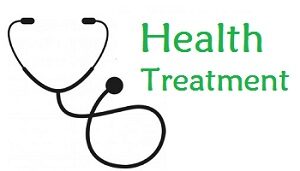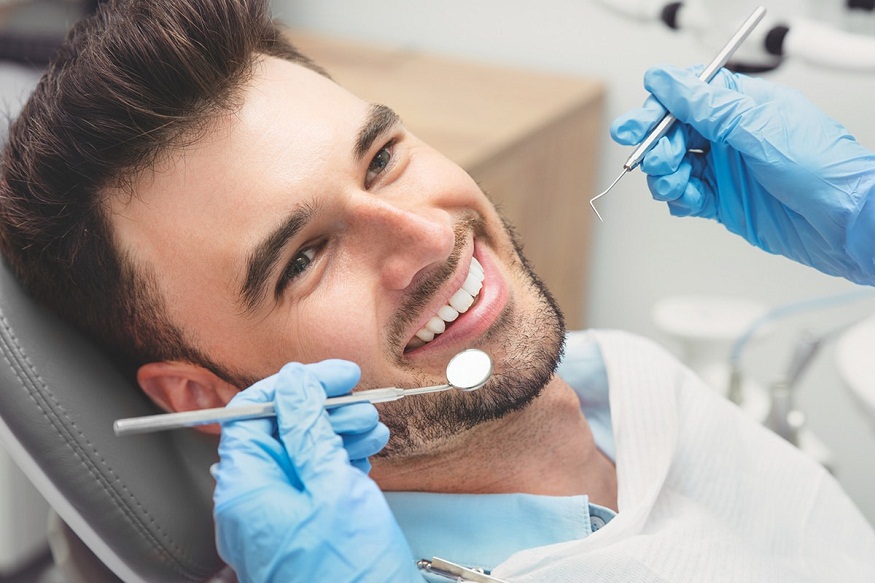Dentistry is a dynamic health profession that uses modern technologies not only to respond to current challenges but also to create the future. These technological advancements such as quantum computing could mean providing care to patients more accurately and efficiently for a dentist in Westminster. Only a few fields can readily embrace quantum computing due to the large amounts of data that it can process in a short time, and dentistry can be at the forefront of early diagnosis. The potential of this innovative system was pointed out in the fact that dental practitioners could provide enhanced preventive dentistry and sustained oral health histories.
In what ways would it be possible to improve the diagnostic function in dental clinics using quantum computing?
In dentistry treatment, there is a need for the early identification of possible problems through interpretative analyses of data including images, among others. Quantum computing will have an advantage in improving this situation through pattern recognition and correlation identification of these datasets using quantum computing where classical computing may fail to identify such relationships. For instance, quantum algorithms could enhance the specificity that images of tiny irregularities in dental rays or 3D scans provide, to help dentists forecast and manage oral diseases at an early stage.
How does artificial intelligence work together with quantum computing?
When integrated, dentistry has the potential to enhance both artificial intelligence and quantum computing systems by using their advantages individually. AI can analyze dental information in the form of images, and records and determine risk factors of dental health. If adopted based on quantum computing, then these AI models could work faster and can respond to requests with high accuracy. Such integration would help in real-time diagnostic assistance in order to enable the dentist to make appropriate decisions without significant delay.
In what way can quantum computing be effective in implying long-term financial savings within dentistry?
There are also potential economic repercussions when using quantum computing in an initial DIAGNOSIS of dental issues. Applied to dentistry, the goal can be to use quantum computing to identify pre-symptomatic signs of oral disease so that expensive treatment will not have to be sought in the future. This approach helps in reducing costs incurred by the patients as well as the health organizations thus cutting down the costs of reindeer efforts of providing better health services with improved outcomes hence has the potential of reducing costs in the long-term efforts of healthcare organizations.
What is the potential of quantum computing in dentistry in the future?
There are several areas where quantum computing might be beneficial in dentistry though this concept is still ripe for further research. It is anticipated that as advances in technology continue to occur, diagnostic acuity will be enhanced, treatment decisions will be even more precise, and system effectiveness will increase in dental care. These and other uses indicate that quantum computing will be a useful tool in advancing oral health care practices: Technologists and dental professionals will need to cooperate closely to realize these potential applications.
Conclusion
There are possibilities of bringing changes in the earlier diagnostic methods in dentistry through quantum computing as it provides the ability to carry out complex data analysis quickly, offers chances to improve, and brings reductions in overall costs. If combined with existing technologies such as artificial intelligence, this innovative technology could bring the dental field a huge leap forward in preventative measures. Gradually as studies unfold, the relationship between quantum computing and dentistry is set for a lifetime of oral health maintenance in optimal, efficient ways.




